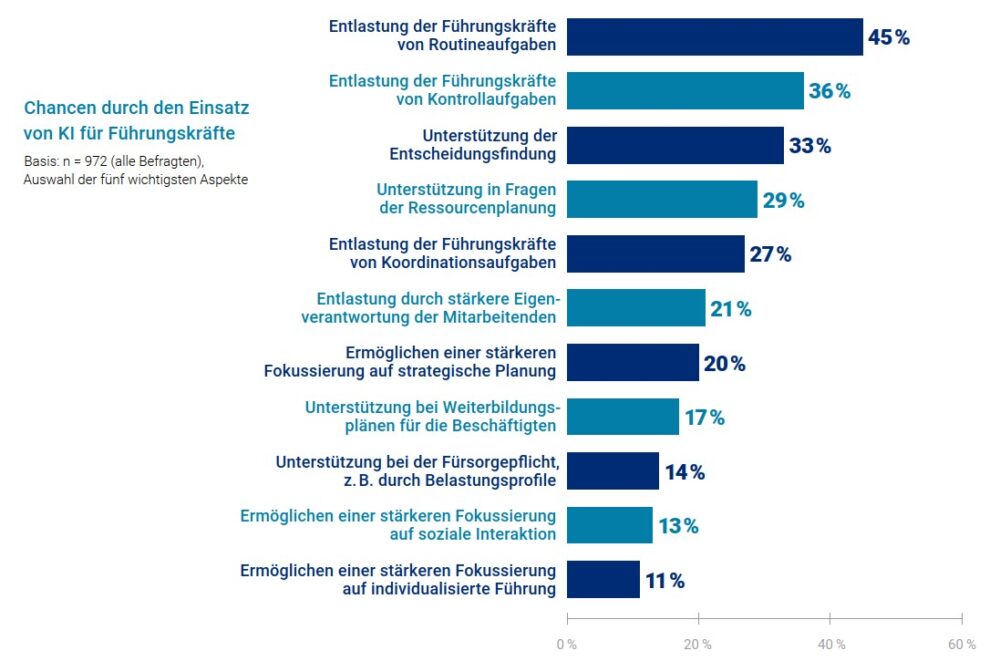Study by TBWA and UNIL: what Switzerland thinks about new technologies
A study conducted by TBWA\Switzerland in collaboration with the University of Lausanne in February 2023 examined how the Swiss population perceives and uses new technologies such as the metaverse, AI, cryptocurrencies, virtual and augmented reality. Although mixed feelings prevail, the results show that there is no fear and potentials are recognized.
The "Metaverse Barometer Switzerland 2023" is intended to generate insights into the perception and use of the Metaverse and the attitude of the Swiss population toward new technologies. The study aims to gain early insights into these developments and to identify opportunities. After all, the advent of the metaverse and associated technologies will not only open up new creative opportunities, but will also evolve and change the behavior of individuals and consumers. 426 people living in Switzerland took part in an online survey.
Half are interested in the metaverse
According to the study, only a few people in Switzerland are familiar with the concept of the Metaverse. Those who are already familiar with it show a greater affinity for the technology, have already used the Metaverse more often and are mostly male. In terms of the European average, Switzerland is in the middle of the field, but lags significantly behind the leading countries worldwide.
"However, the situation is quite different for the group of people who are enthusiastic about new technologies and pick them up at an above-average rate," says Tobias Schlager, study leader and professor of marketing at the University of Lausanne and head of the Consumer Technology Research Lab. "Early adopters are 85 percent convinced that the Metaverse is the future. 80 percent think it will replace most physical interactions. They're optimistic and excited about it."
Metaverse for further education, leisure and entertainment
74 percent of Swiss citizens have already heard of the Metaverse, but only 11 percent are familiar with it. At 48 percent, however, just under one in two is curious about the new virtual world. Lukas Diem, Strategy Director and Member of the Executive Board of TBWA\Zurich, cites the following as the most important reasons for future use: "76 percent of the Swiss want to use the Metaverse in the future for further education, 69 percent for leisure and entertainment, 67 percent for virtual travel and cultural experiences. For companies concerned, this means that their presence on the Metaverse will make sense in the future."
Further, the survey shows that 48 percent are curious about using the Metaverse and 35 percent are apprehensive at the thought of it. The biggest current concerns include: Privacy risks, a disconnect from real life, cyber bullying, potential costs and environmental impact.
Hesitant optimism toward new technologies
Although new technologies are always accompanied by concerns, the Swiss population is basically positive about them. Swiss people are willing to try out virtual reality VR and are clearly positive about augmented reality AR, even if they still do not recognize the technology enough in everyday life. With regard to artificial intelligence AI, there is also a mixed combination of concern and positive expectations that AI will handle most simple tasks in the future.
Despite the mixed feelings, the potential seems to be recognized in many cases. "With the metaverse and associated technologies, we will not only be confronted with new and exciting creative tools, but our behavior as consumers:inside will also evolve and change," says Lukas Diem, of TBWA in Zurich. This development in the Swiss population offers opportunities and should encourage companies and brands to increasingly engage with new technologies.
The study results at a glance
Metaverse
Interested parties can here download a management summary or order the entire study.









